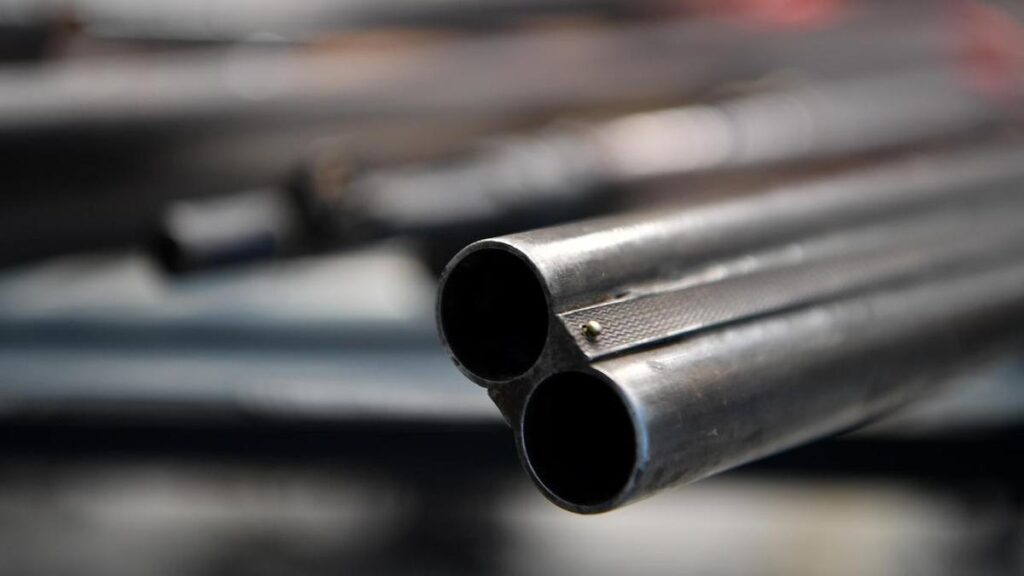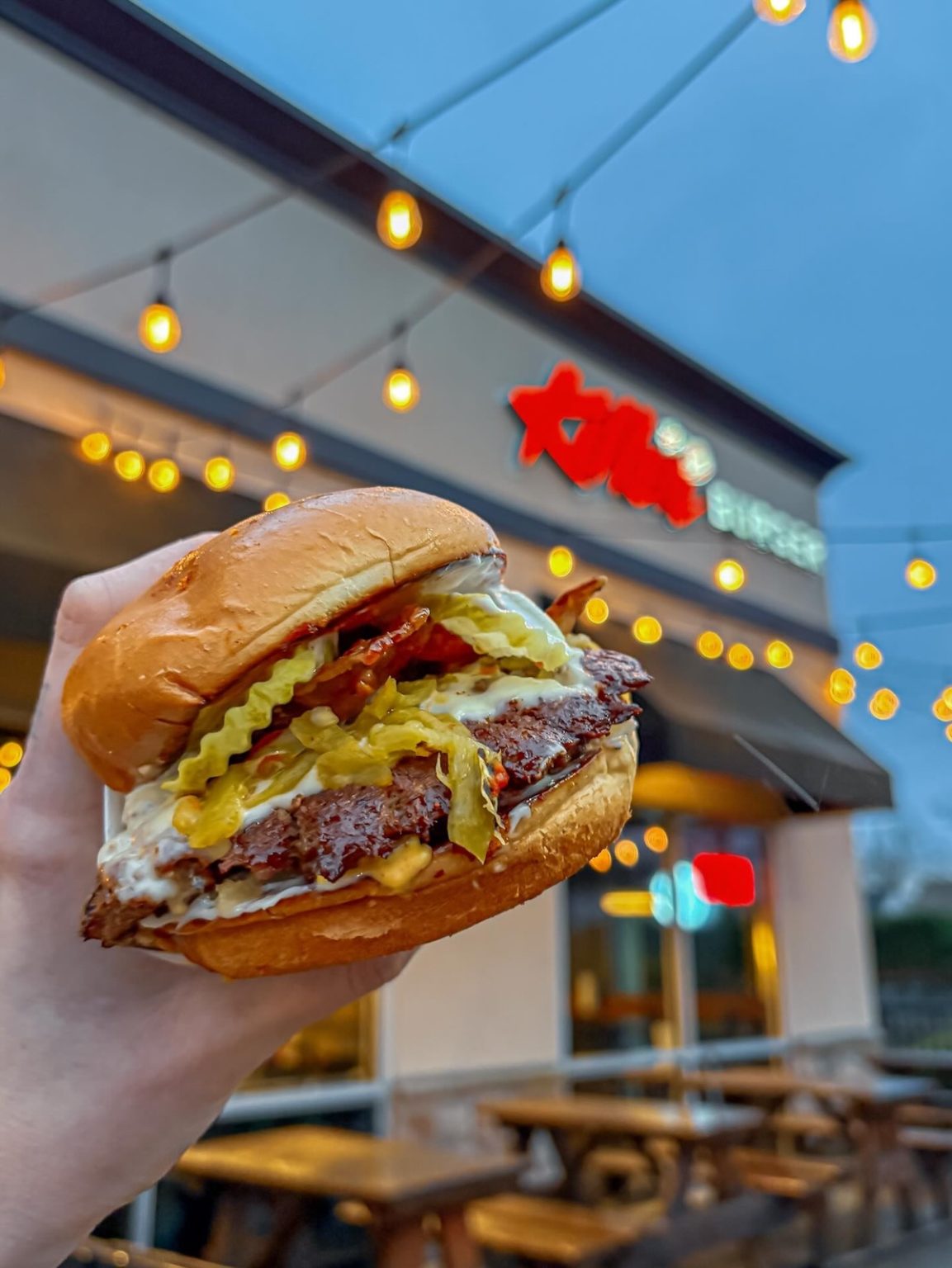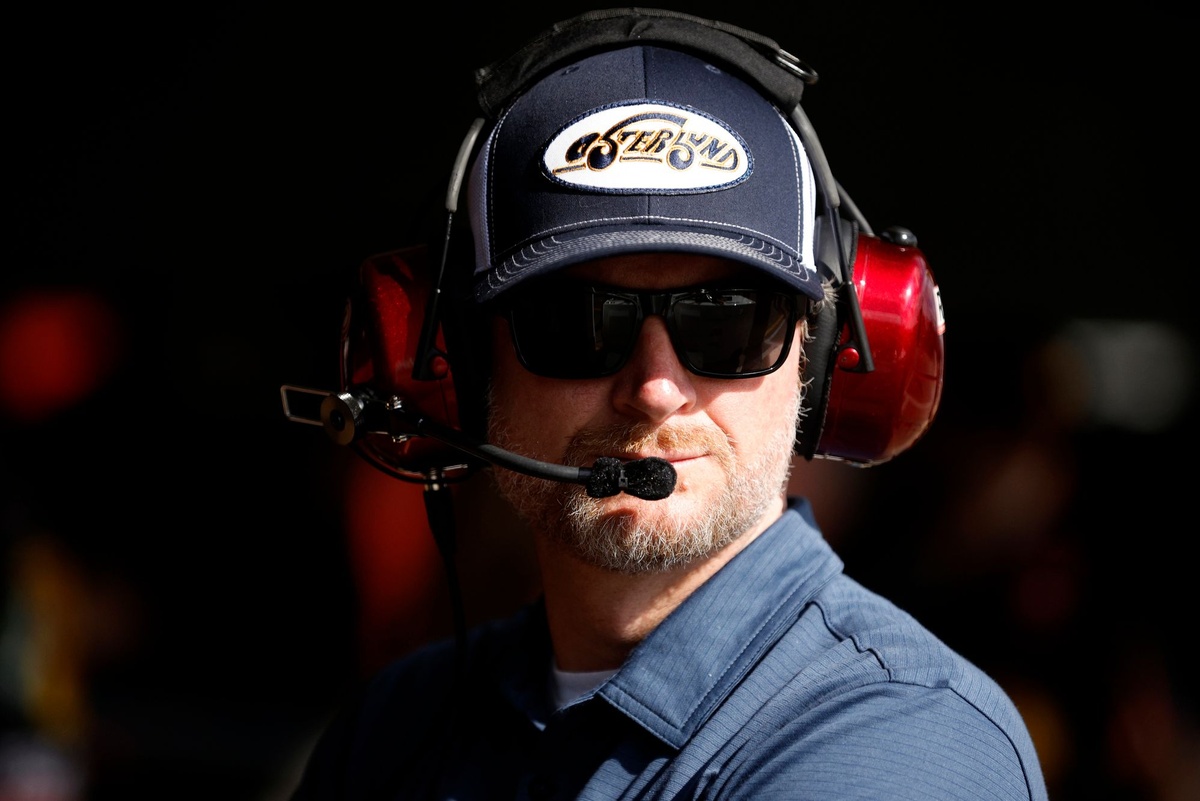
URGENT UPDATE: Thousands of firearms are now flooding interstate markets as Western Australia enforces some of the nation’s strictest gun laws. These sweeping regulations, enacted by the Labor government under Premier Roger Cook, are driving gun owners to offload their weapons across state lines, creating an unprecedented surge in cross-border firearm transactions.
The new laws, which took effect in June 2022, limit gun ownership significantly — competition shooters can have a maximum of 10 firearms, while recreational hunters are restricted to just five. As owners scramble to comply, many are choosing to sell their weapons to dealers in Eastern Australia or among friends rather than surrender them to authorities, spurring a black market for firearms.
These regulations were introduced following tragic incidents, such as the murder of Jennifer Petelczyc and her daughter Gretl by a man who owned 13 firearms. Premier Cook emphasized the importance of public safety, stating, “I’m unapologetic for our approach which strengthens gun controls and enhances public safety.”
However, the implementation has not been seamless. Gun shop owners like Bevan Steele report that the firearms trade in WA has been “smashed” by the new restrictions, forcing owners to seek markets in other states. Many dealers have begun purchasing firearms in WA to sell them in Eastern states, leading to a substantial shift in gun ownership dynamics.
The WA government has proposed a buyback program, but Steele criticizes it for undervaluing firearms, particularly more expensive models. Just before Christmas, a surprise ban on lever-release firearms caught gun dealers off guard, further complicating the situation. “Guys were getting licenses granted in December only to be told two weeks later they couldn’t have that gun on their license anymore,” Steele lamented.
In the Northern Territory, the influx of WA firearms has created a logistical nightmare. Grant Hatcher, President of the Northern Territory Firearms Council, explained that many guns are arriving without a designated owner, complicating storage and regulatory compliance. He noted, “People in WA are trying to offload the firearms as best they can,” often opting to sell them rather than surrender them to police.
Despite the challenges, Hatcher believes that the chaotic distribution of firearms is a temporary measure. “The issue is still being dealt with six months on,” he stated, with many guns from WA yet to find new owners as applications for permits are processed.
The Sporting Shooters Association of Australia in WA has expressed frustration over the abrupt changes, claiming that the new ownership rules were poorly communicated. A recent letter to members highlighted that lever-release firearms remain permitted in every other state, leaving WA gun owners at a disadvantage.
In response to growing concerns, WA Police Minister Reece Whitby announced that a firearms committee report will be tabled soon, promising to consider its recommendations thoroughly. Meanwhile, the WA Nationals party has called for a delay in the implementation of these laws, warning that over 90,000 law-abiding West Australians face confusion and potential penalties due to poorly communicated regulations.
As the situation evolves, gun owners across Australia are left questioning the future of firearm ownership and compliance. The ongoing developments in WA serve as a critical reminder of the complex relationship between regulation and public safety, raising urgent questions about the effectiveness of these new laws.
Stay tuned for further updates on this developing story as authorities navigate the fallout from these stringent regulations.







